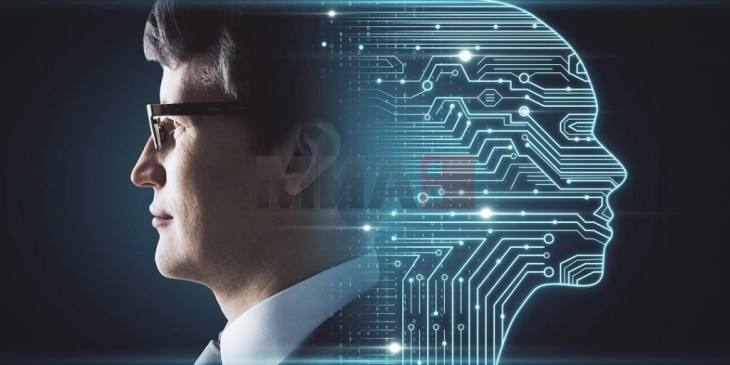EU states give green light to artificial intelligence law
- Representatives of the EU member states voted in favour of a proposal in Brussels on Friday which should soon make artificial intelligence (AI) subject to stricter rules.

Brussels, 2 February 2024 (dpa/MIA) - Representatives of the EU member states voted in favour of a proposal in Brussels on Friday which should soon make artificial intelligence (AI) subject to stricter rules.
"Today is a good day for innovation and fundamental rights in Europe," said German Justice Minister Marco Buschmann. The way is now clear for a secure legal framework that promotes innovation and addresses risks appropriately, Buschmann said.
Negotiators from the European Parliament and EU countries reached an agreement on the regulation of AI in December after marathon negotiations. The unanimous approval of the states given on Friday is actually considered a formality. However, until recently it was uncertain whether Germany would vote in favour.
German Digital Minister Volker Wissing announced on Tuesday that the wrangling over Germany's position on the so-called AI Act had come to an end with a "workable compromise."
The European Parliament also still has to give its approval.
The planned EU law is based on a proposal made by the European Commission in 2021. In future, AI systems are to be categorized into different risk groups.
The higher the potential risks of an application, the higher the requirements should be. The hope is that the rules will be copied worldwide.
The Computer & Communications Industry Association (CCIA Europe) criticized the fact that many of the new AI regulations remain unclear and could slow down the development and introduction of innovative AI applications in Europe.
German Economy Minister Robert Habeck, on the other hand, said: "When implementing the rules, we will focus on innovation-friendliness, legal clarity for companies and lean, low-bureaucracy structures - for a strong AI location in Europe."
AI usually refers to applications based on machine learning, in which software searches through large amounts of data for matches and draws conclusions from them.
AI is already being used in many areas. For example, AI programmes can evaluate computer tomography (CT or CAT) images faster and with greater accuracy than humans.
Self-driving cars also try to predict the behaviour of other road users in this way. And chatbots or automatic playlists from streaming services also work with AI.
MIA file photo







